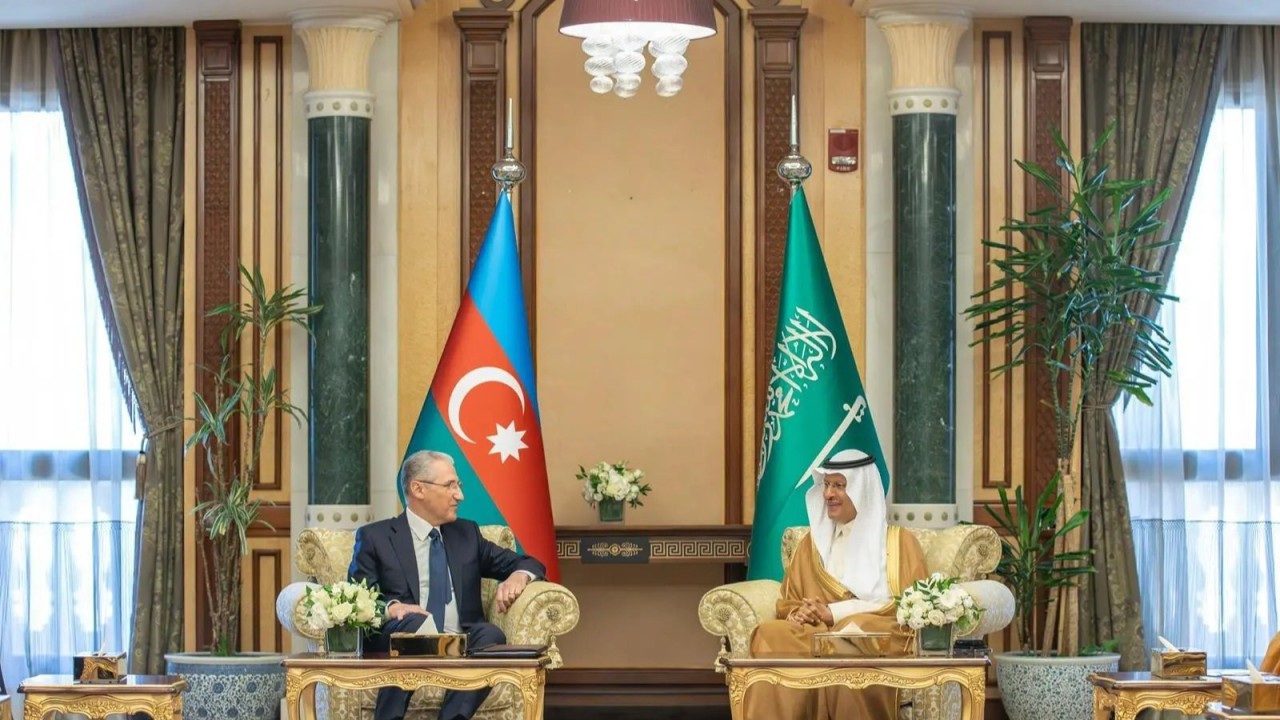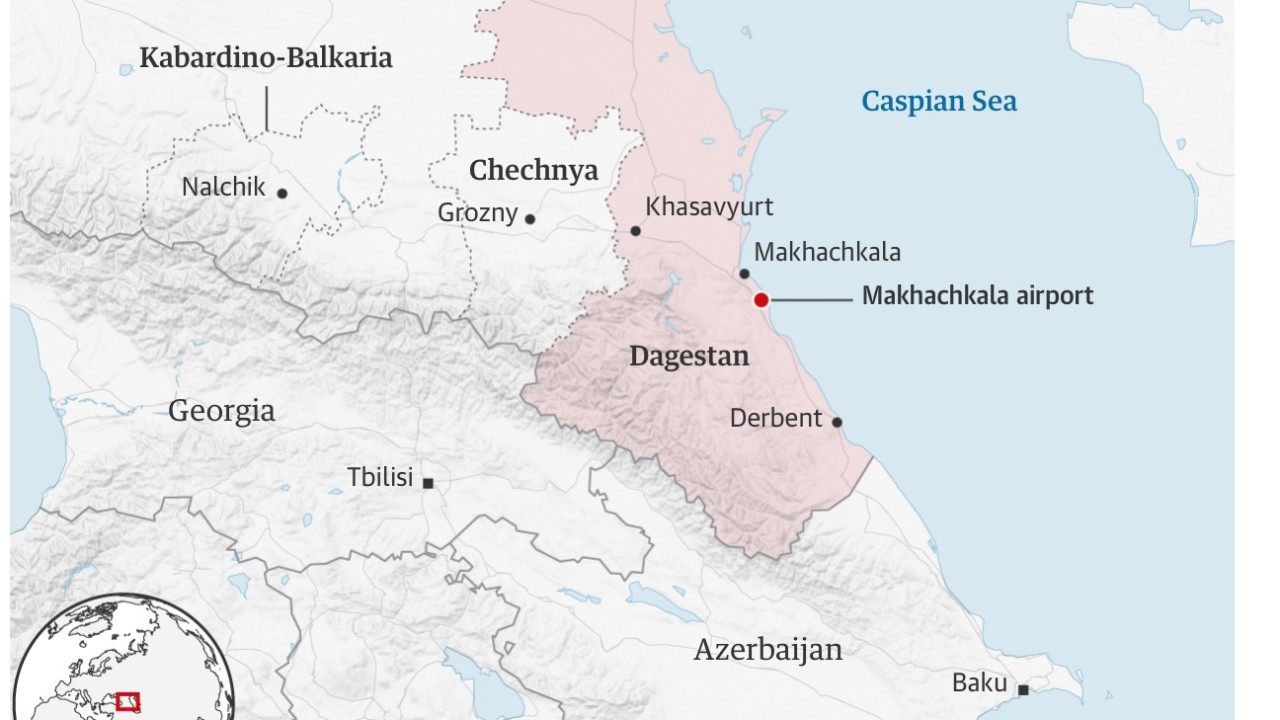Leading this week
This week’s Azerbaijan Brief examines recent developments around the increasingly chummy Baku-Rome relationship.
In recent years, Azerbaijan has managed to gain sway in Italy, a country with traditionally warm ties with Armenia. Using its well-tested influence playbook — which involves a mix of strategic corruption and energy dealings — Baku has cultivated a strategic partner in the heart of Europe.
Within the span of a few years, Italy has shed its neutrality and adopted a fiercely pro-Baku stance. Rome regularly stakes out pro-Azerbaijani positions. This April, in an extraordinary move, Italy’s Deputy Foreign Minister Edmondo Cirielli criticized the United States and France for supporting Armenia and “frustrating” normalization efforts between Yerevan and Baku.
Baku has nurtured its soft power in Italy via partnerships with academic and religious organizations. Azerbaijan’s state-affiliated think tanks are increasingly striking cooperation memorandums with Italian counterparts. (In the process, Baku has also cultivated a network of researchers and, perhaps, future policymakers.) These academic channels serve to build links between the “expert” communities of both countries — and ultimately perpetuate Azerbaijani narratives.
Azerbaijan is also eyeing expanded ties with religious organizations, particularly the Vatican. In March, journalist Simone Zoppellaro, published an eye-opening, yet troubling, article exposing Azerbaijan’s growing ties with the Vatican. In recent years, the Holy See has benefited from Baku’s largesse. (The Heydar Aliyev Foundation, a vehicle for Azeri influence peddling, has bankrolled various restoration projects at the Vatican.) The article also identifies Cardinals Gianfranco Ravasi and Claudio Gugerotti as key architects of the Holy See’s embrace of Azerbaijan. (See more below)
Baku-Rome defense ties also also booming. Earlier this summer, Italy supplied the Azerbaijani Air Force with a C-27J Spartan military transport aircraft. This acquisition is poised to expand Azerbaijan’s capacity to import defense hardware — to the detriment of regional security.
People we are watching
In recent years, Azerbaijan has cultivated a network of politicians to help nurture the Rome-Baku strategic partnership. The following figures are a partial who’s who of Italy-Azerbaijan relations.
Sergio Divina. Senator Sergio Divina, a member of the far-right Lega Nord party, serves as the chairman of the Assembly of Friends of Azerbaijan in the Italian Parliament. He is a longtime apologist for the Aliyev regime. While serving as a PACE delegate, Divina routinely vetoed resolutions critical of Baku’s human rights record. And at his new post — as the Vice President of the Italian Institute of Asia — Divina regularly promotes specious pro-Azeri narratives. (The run-of-the-mill think tank appears to specialize in cultivating ties with authoritarian actors, including Syria and Egypt.)
Divina is also a champion of Russian interests — and Vladimir Putin. Since the 2014 invasion of Ukraine, the MP has consistently opposed Western sanctions on Russia. And in 2017, Divina — along with a gaggle of right-wing MPs — attended the Yalta Business Forum in occupied Crimea.
Paolo Grimoldi. Former MP Paolo Grimoldi, another member of the Lega Nord party, is also a veteran agent for Russian and Azerbaijani interests. Grimoldi, the founder of the “Friends of Putin” parliament group, formerly served as the head of the Italian delegation to the OSCE Parliamentary Assembly. This post provided an ideal opportunity to foster ties with Azerbaijani officials. (Baku routinely cultivates foreign diplomats, particularly ex-ambassadors from Western capitals.)
Cardinal Claudio Gugerotti. Claudio Gugerotti is a key player around the Vatican’s growing embrace of Baku. The Cardinal has a long track record across the former Soviet bloc. For a decade, in the early 2000s, Gugerotti served as the papal envoy to the South Caucasus — which allowed him to build a rapport with Baku. He later served in Belarus and Ukraine. Gugerotti is currently the Prefect of the Dicastery for the Eastern Churches of the Holy See, with oversight over Catholic communities in the Balkans, North Africa and the Middle East.
In recent years, Gugerotti has helped turbocharge Azerbaijan’s privileged partnership with the Vatican. During a recent meeting with Anar Alakbarov, Executive Director of the Heydar Aliyev Foundation, Gugerotti praised Azerbaijan’s philanthropic activities and “multicultural policies.” (Special praised was reserved for First Lady Mehriban Aliyeva, the foundation’s longtime president.)
As noted, Baku has increasingly funded high-profile cultural restoration projects across the Holy See. (Gugerotti appears to have helped facilitate these influence-buying arrangements.) And this largesse has yielded dividends — chief among them deference. The Vatican has muted criticism of Azerbaijan’s conduct across Nagorno-Karabakh and Armenia. Instead, Pope Francis has staked out a neutral position on “developments” in the region.
Why the world should care
Azerbaijan, along with authoritarian counterparts, routinely search for weak spots to establish footholds in the West. Italy, a longtime hub for Russian influence operations, is particularly ripe for authoritarian infiltration. Italy’s rapid embrace of Azerbaijan highlights the acute effectiveness of Baku’s influence playbook — and Europe’s vulnerability to malign influence. With Russia intent on undermining European cohesion, especially around Ukraine, the European Union must prioritize mitigating vulnerabilities and correcting wayward members.
Deals and visits ✈️
In early October, Ukraine offloaded UMCC-Titanium, a state-run titanium producer, as part of a $96 million privatization deal. The firm was acquired by Cemin Ukraine, a subsidiary of Azerbaijani conglomerate NEQSOL Holding. (According to well-placed sources, NEQSOL Holding is acting as a proxy for Russian interests.)
In recent years, NEQSOL Holding has secured strategic infrastructure across the South Caucasus and Eastern Europe. In 2019, the conglomerate acquired Vodafone Ukraine, the second-largest mobile operator in Ukraine. And in 2021, NEQSOL Holding gained full control of Georgian internet provider Caucasus Online. (The controversial deal included the Caucasus Cable System, a fiber-optic cable that channels digital traffic between Europe and the South Caucasus.)
Quote of the week
“My arrest serves the interests of the Azerbaijani dictatorship and its accomplice, the Russian Empire. They are allies and accomplices, and their interests are to destroy the seeds of democracy in the region. Today, the Azerbaijani dictatorship is the main pillar of Russian imperialism in the Caucasus. Those who voice it are also punished.”
— Jailed former Azerbaijani diplomat Emin Ibrahimov addresses Baku’s Court of Appeal on November 26, 2024



